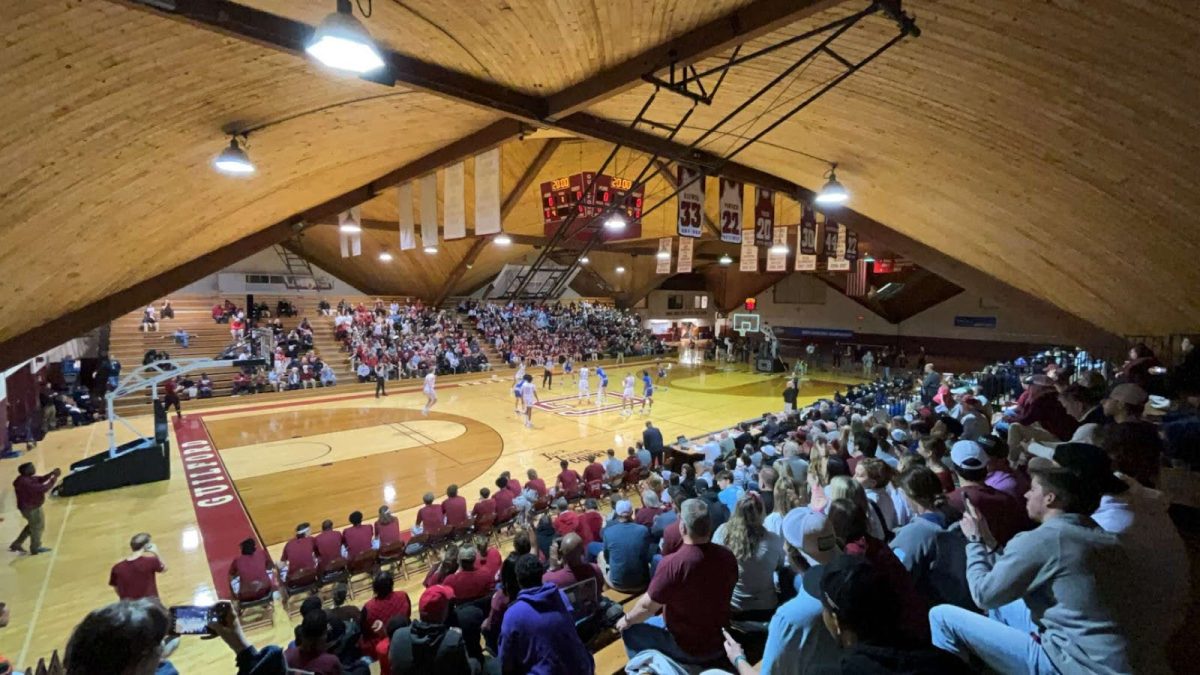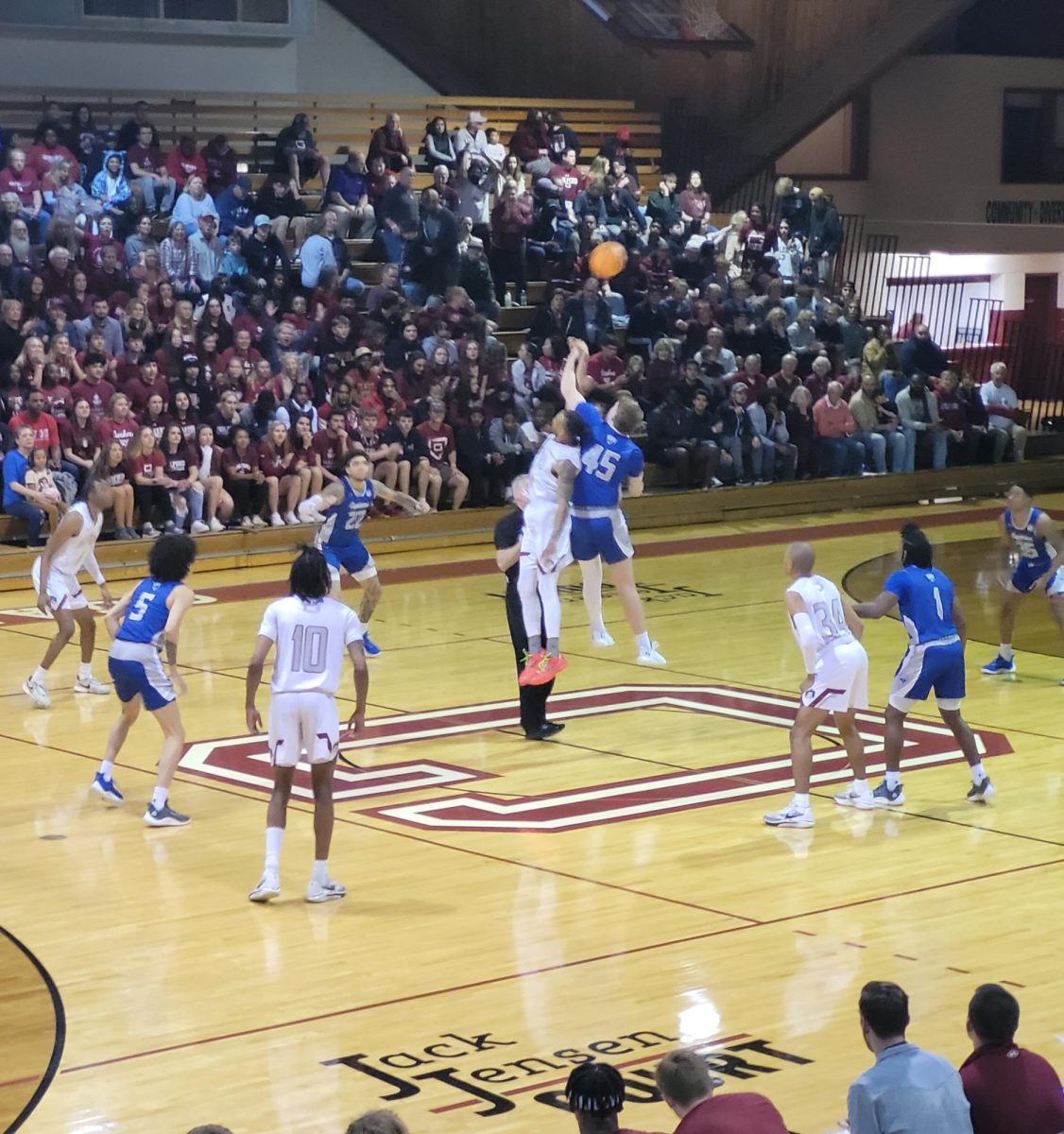Do you prefer Netflix or Hulu Plus? Well, if you have Comcast you may be better off using Netflix.
In February, Netflix paid Comcast to speed up its service. This happened after a federal appeals court eliminated the Federal Communication Commission’s authority to establish net neutrality rules.
“At its core, net neutrality is an idea about fairness,” said Brian Fung, a technology reporter at the Washington Post in a phone interview with The Guilfordian. “It’s the idea that all Internet traffic should be treated equally no matter here it’s coming from or where it’s going to.”
Under net neutrality rules, companies like Netflix could not pay Internet service providers to speed up service. Now, ISPs have the ability to block or slow down websites.
Netflix customers may be happier with their faster service, but this deal with Comcast has set a precedent that favors large corporations.
Deals such as the one between Netflix and Comcast are disadvantageous to smaller companies and startups, since small companies do not have the same resources to pay for faster access as large companies do.
The ending of net neutrality could restrict the expression of many opinions, including both minority opinions and those in disagreement with ISPs.
“The Internet is really a 21st century town square of democracy,” said Todd O’Boyle ‘04, the program director for Common Cause’s Media and Democracy Reform Initiative. “It’s the way that voters inform themselves. It’s the way that advocates organize themselves and it’s the way that everyday citizens debate the issues online. We need net neutrality to preserve the democracy online.”
The only people who seem to benefit from the ruling restricting net neutrality are the ISPs and their shareholders. ISPs are already making a 97 percent margin on Internet services, according to Craig Moffet, an analyst at the Wall Street firm Bernstein Research, in an interview with the MIT Technology Review. According to The New York Times, in 80 percent of the United States, people only have a choice of one ISP, which is comparable to a monopoly.
“The Internet should be free and open to any and everything and not be controlled by ISPs, especially if the ISPs have the infrastructure to support the network traffic,” said IT&S network engineer & Macintosh specialist Brian McCaffrey.
The FCC allowed the public to comment on net neutrality rules and received over 3.7 million responses, mostly in favor of net neutrality. Though the comments are now closed, people can still protest net neutrality by contacting the FCC and their local congressmen and congresswomen about their views on net neutrality.
“The only way to ensure net neutrality is for the FCC to do reclassification of broadband as a telecommunications service, which would allow the FCC to prohibit blocking or discrimination online,” said O’Boyle.
Net neutrality is important for protecting our freedoms on the web and continuing innovation. Large sites like Facebook may not have grown to what they are today without net neutrality and activism through social media may have never occurred.
Speak out and protect net neutrality instead of taking it for granted.












